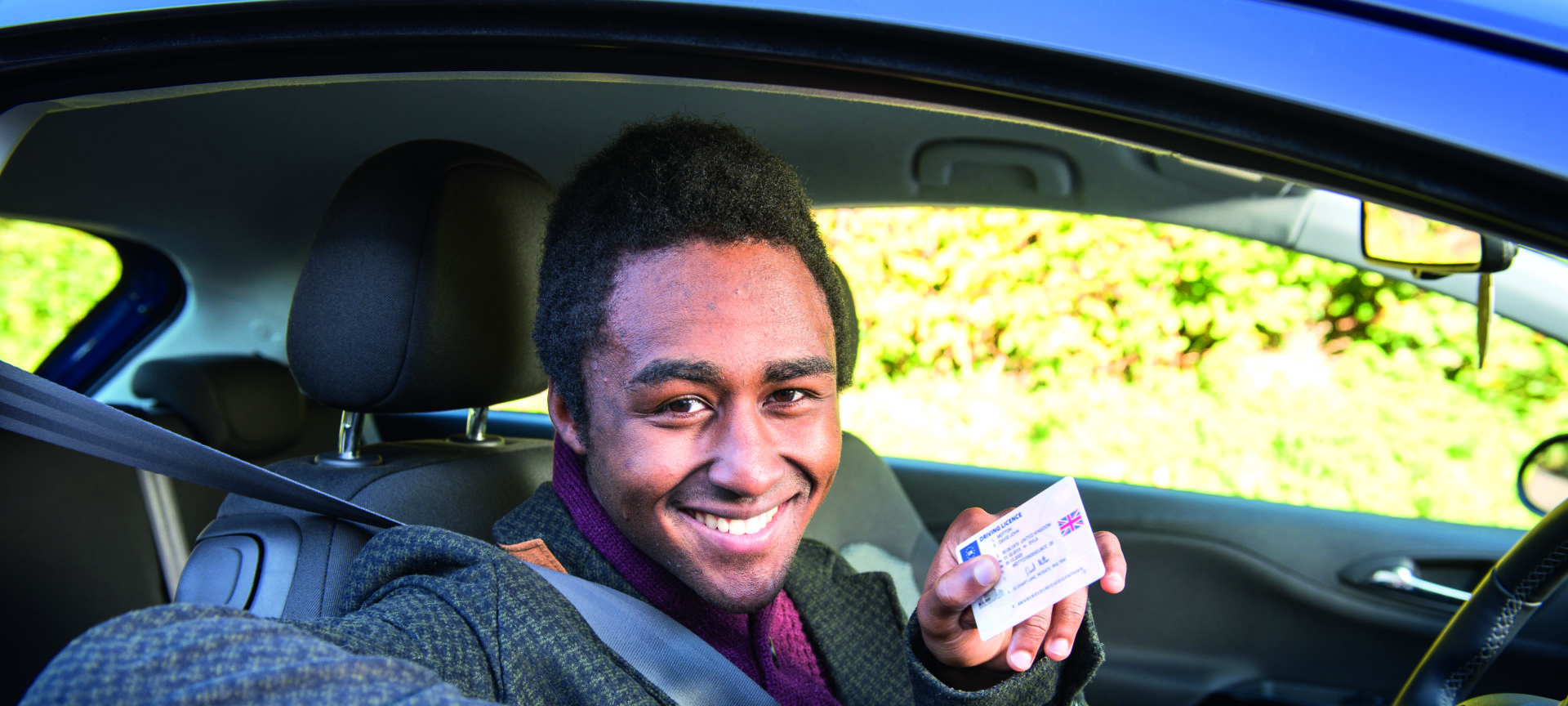Before you get on the road with your parents, you will need to arrange learner insurance. Practising regularly will most likely mean hitting the road in a friend or family member’s car under their supervision, most likely your parent’s car or if you are lucky enough, your very own one. However, you can’t just jump in anyone’s car as you’ll need to arrange insurance. Broadly speaking there are two options to consider…
- Named driver
Many learner drivers are added to someone else’s insurance policy as a ‘named driver’. This saves on the need to set up your own policy, but it can be expensive. As well as bumping up your parents’ insurance premium, if you have a mishap, they could lose their no claims bonus. And that could make things pretty tense at home!
- Learner driver insurance
Alternatively, you could arrange your own learner driver insurance cover. This means that if you do put a dent in mum or dad’s motor, you won’t put a dent in their bank balance – you’ll claim on your own policy. There are usually restrictions on the insurance group and value of the car you can drive, but it’s a simple way to find cover without putting anyone else’s no claims bonus at risk, while starting to build up your own.
‘’a telematics device … could slash the cost of your cover – some insurers will only offer a policy using this tech.’’
Types of cover
Legally, you only have to insure yourself Third-Party Only (TPO). This covers claims by a third party if you cause an accident that causes damage or injury to someone else. Your own car, however, is not covered. Third Party, Fire and Theft (TPFT) is as it sounds. As well as TPO cover, your car is insured against fire and theft. Fully comprehensive insurance is the best, as it covers you for everything, even if the accident is your fault. Strangely it’s not always the most expensive, but even if it is, it may still be worth paying the extra because of the added protection you’ll have.
Excesses
The excess is the contribution you have to make in the event of a claim, before your insurer coughs up – it’s there to stop people making trivial claims. A £500 excess is usual for young drivers, so if the claim is for little more than £500, you’ll be paying most of it, and while your insurer will pick up the rest of the tab, you’ll also have a claim on your record. So, you’ll ultimately fork out a lot more – which is why you shouldn’t claim.
Black boxes
The more miles you drive each year, the greater your risk to an insurance company. How you drive also affects your chances of a crash. If you constantly drive too fast or you make a habit of braking and accelerating harshly, you’re an accident waiting to happen. But what if you’re a careful driver? How do you prove this to your insurer? One way is to have a black box fitted to your car, which logs where, when and how you drive. Called a telematics device, one of these boxes could slash the cost of your cover – some insurers will only offer a policy using this tech.
Extras
An array of extras can be included with your insurance policy, so spend a bit of time reading through the details before you pick the one you want. See if the policy includes legal cover (for legal advice and fees when claiming for uninsured losses), personal accident cover (if you’re injured), and windscreen cover (if your windscreen is broken). If there’s anything you don’t understand, there’s usually a number you can call for advice. In fact, you can often get a better price over the phone when speaking with an advisor.
Insurance groups
All cars have an insurance group, which in theory dictates how much you’ll pay for cover. There are 50 groups; the higher the number, the bigger the cost. The more valuable and more powerful a car, the higher its insurance group. However, insurance companies build up their own claim’s profiles for the various models, so a group 3 car could cost more to insure than a group 5 for example. But as a rule, stick with the lowest number you can.
No-claims discount
For every year you insure a car without making a claim, you’ll earn a year’s no-claims bonus (NCB) or no-claims discount (NCD), usually up to a maximum of five years. How much this is worth depends on the insurer, but it’s not unusual for a five-year NCD to cut your premium by 60% or more. Normally, you need to have a policy in your own name to start earning your NCD. But if you’re a named driver on someone else’s policy – say, your parents’ – there are a few insurers which allow you to build up a NCD of your own, as long as you then take out your own insurance with the same company.


